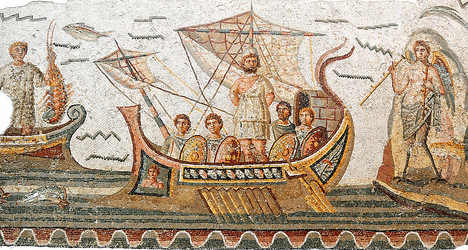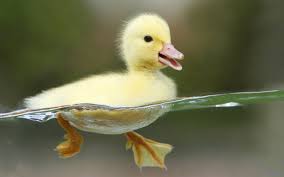
During my undergraduate years at the University of Toronto, I took a class on a Roman poet named Catullus. For a long semester I laboured over his poetry, trying to wrestle his sophisticated Latin phrases into easy English. From all the hundreds of lines of his poetry that I worked on, one word stands out in my memory: palmulas.
Palma is the word for hand, but it can also mean tree branch. Adding in the extra - ul - makes it a diminutive, rendering as either “little hand,” or “little tree branch.” Within the context of this poem, however, neither of these made sense. The poem was about a little boat, and these palmulas were dipped into the sea to propel it.

Catullus was playing. He deliberately chose a word with two meanings, creating a double entendre. Cleverly used like this, a reader can interpret palmulas in both ways at once, in this case each calling to mind a different way of moving the little boat. Perhaps the trusty sailors were leaning over the side of the boat paddling with their hands, or perhaps the tree branches were standing in for oars, a figure of speech called metonymy. All of these layers are contained in a single word, and they fly by within a second or two as you read the poem. If you understand the Latin, your mind processes all the layers and you feel the richness, enjoy it, and move on.
If you have to translate it, however, you’re in quite a pickle. Double entendres and poetic devices generally don’t make easy leaps from one language to another. How do you convey all those ideas in a tidy, idiomatic translation?
Luckily for my class, the professor suggested the charming translation of “little palmpaddles.” It captured it all, and we gratefully seized upon the phrase in our own translations. If Catullus could play, so should we.

Palmpaddles is a neologism, a new word created for a specific purpose. Sometimes these words work their way into the common vernacular, but more often they remain a hapax legomenon, or a word only used once as far as anyone can tell.
For the most part, unless you’re in a creative writing class, it’s best to avoid neologisms in your academic work. That means taking the time to think hard and find the precise words you need to express what you’re all about.
In the meantime, enjoy finding out which of your favourite authors coined such terms as chortle, nerd, and meme.
And here’s Catullus’s poem and a translation.